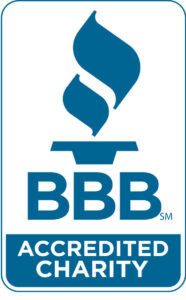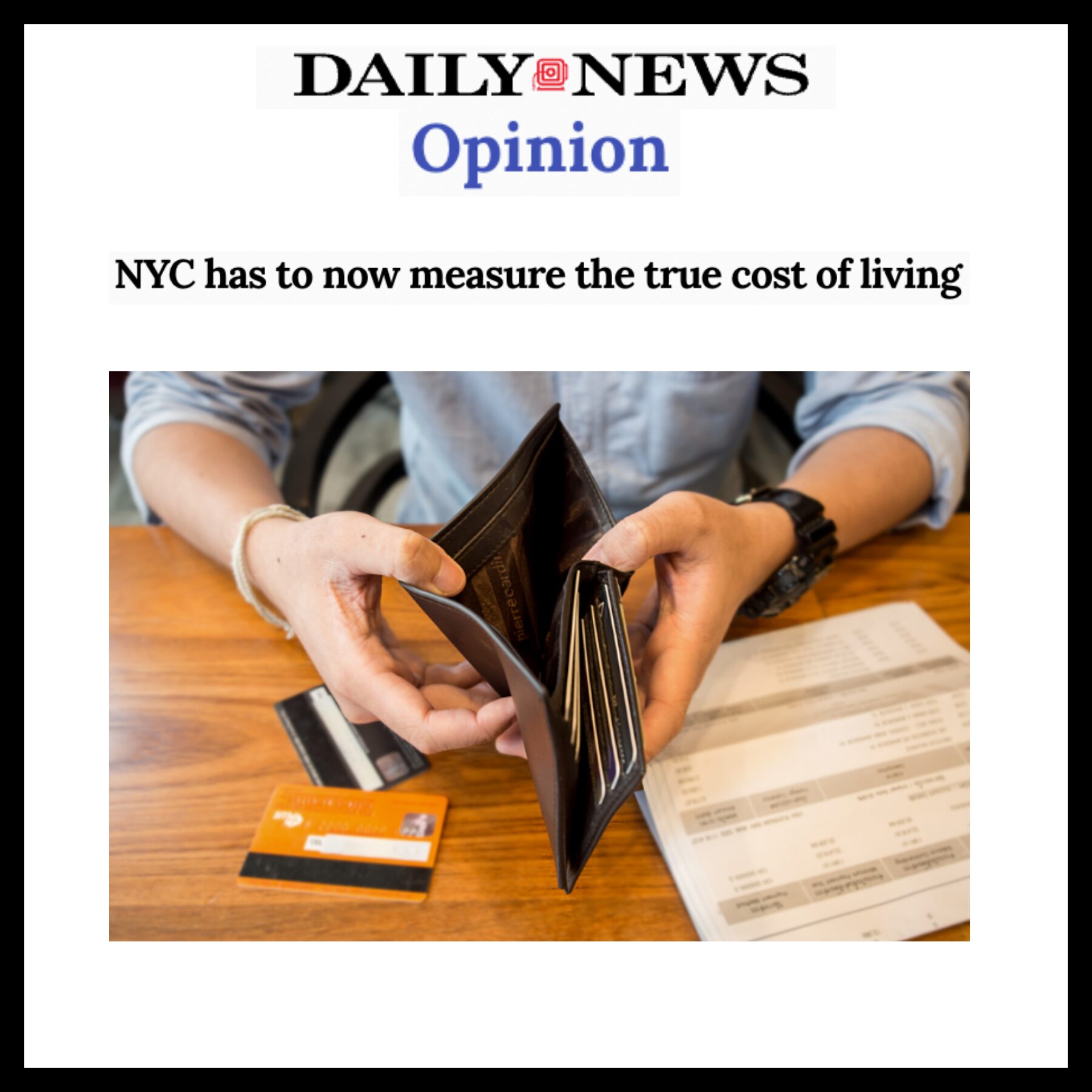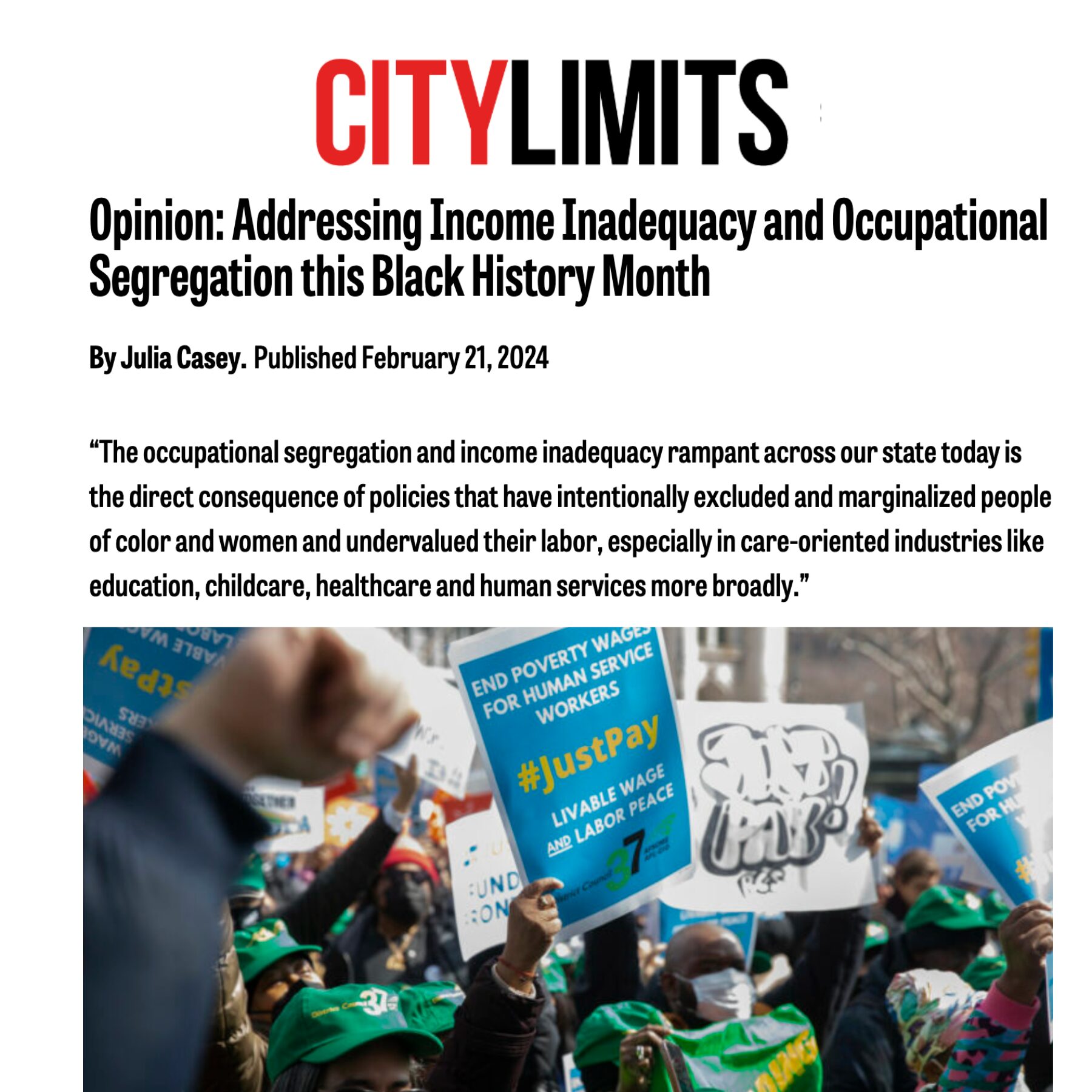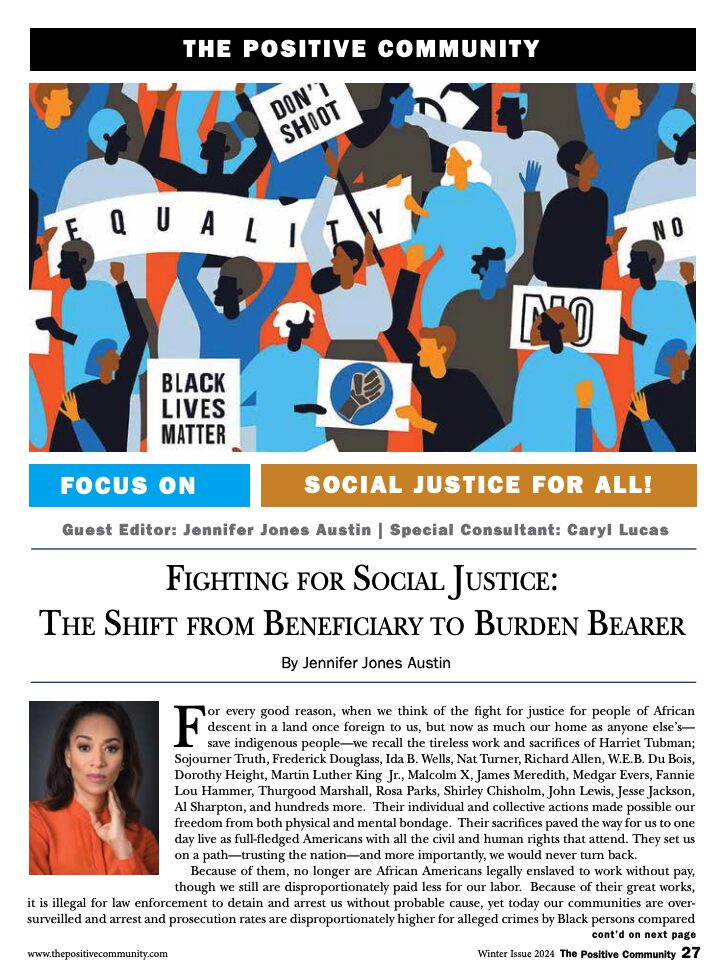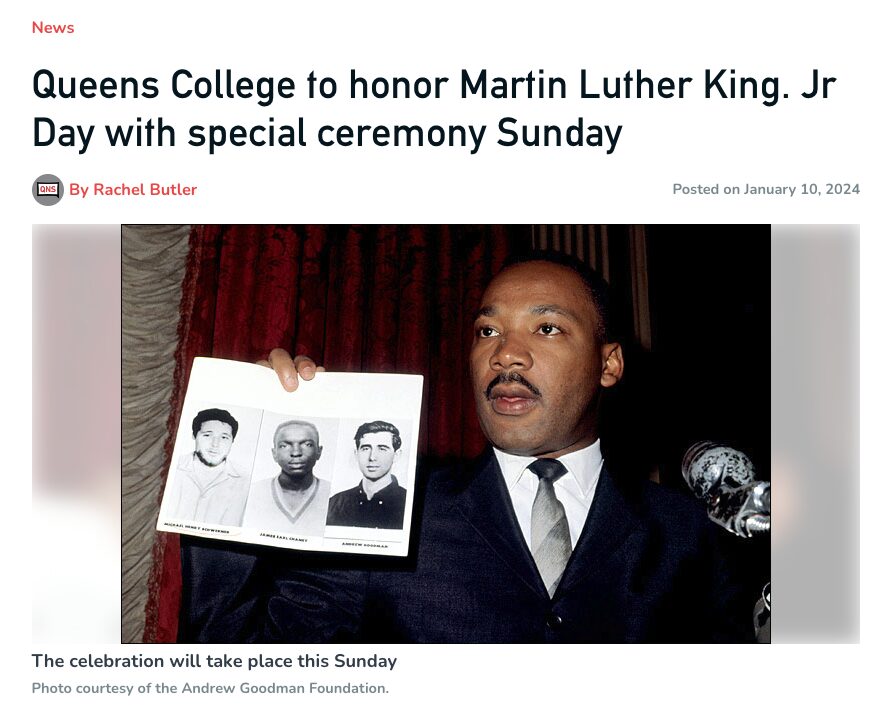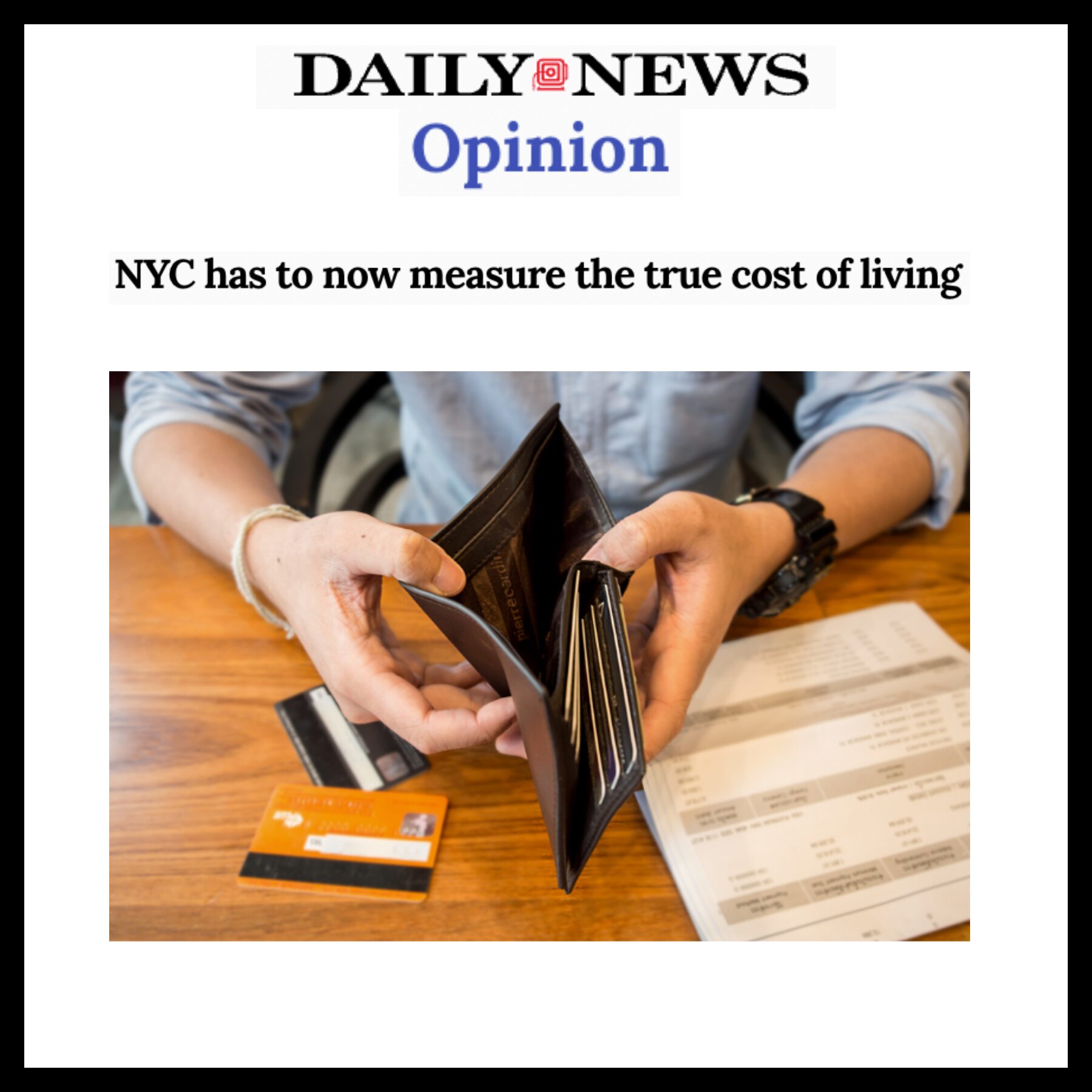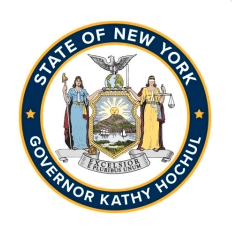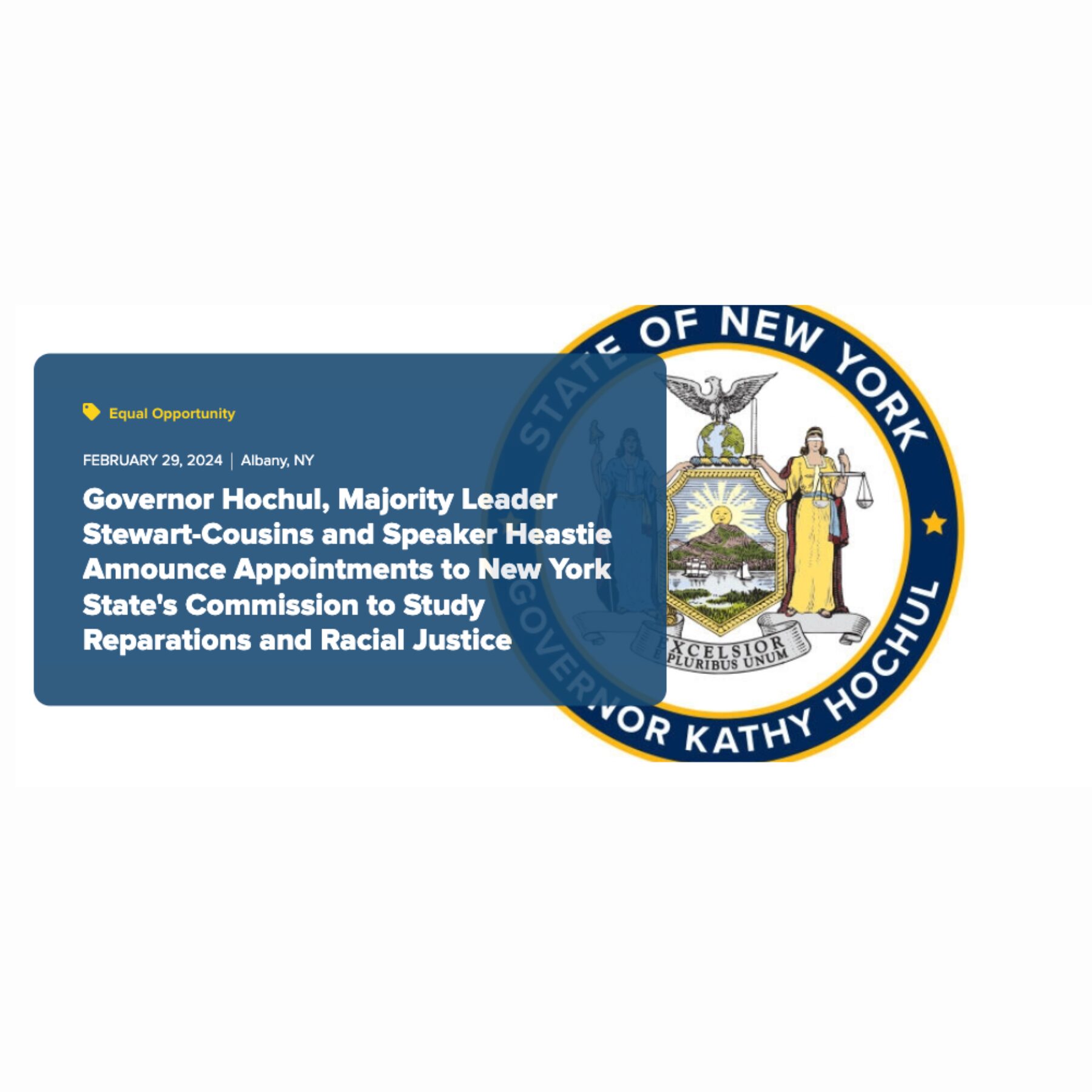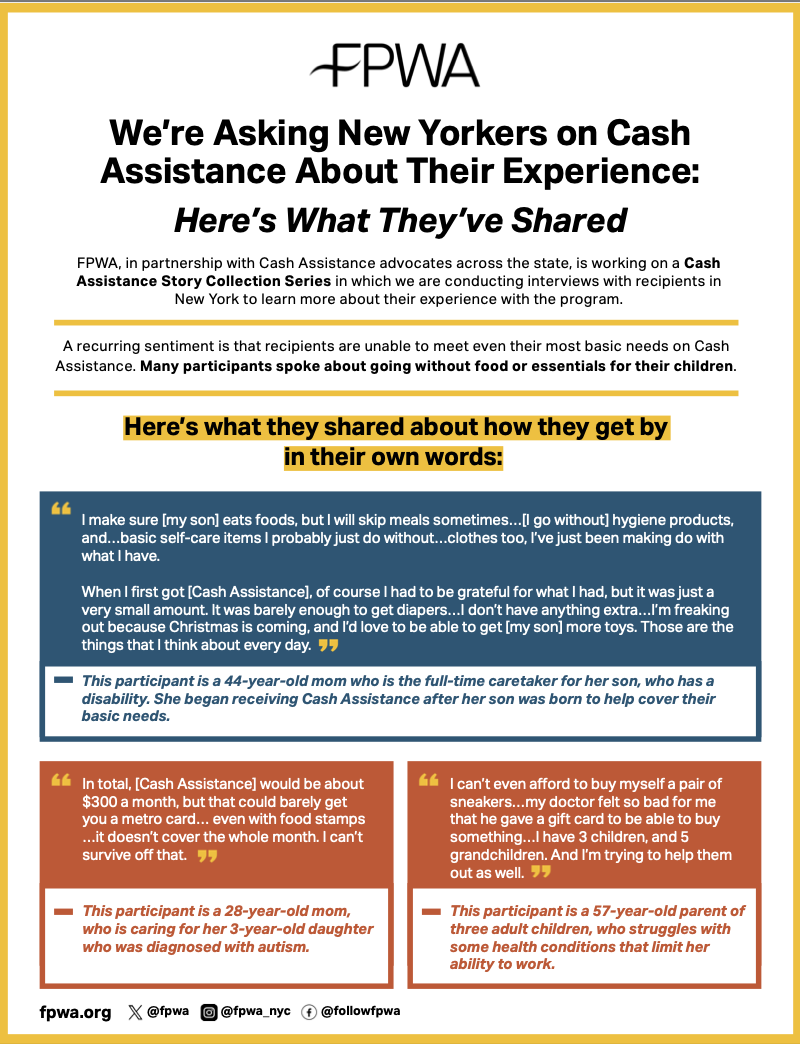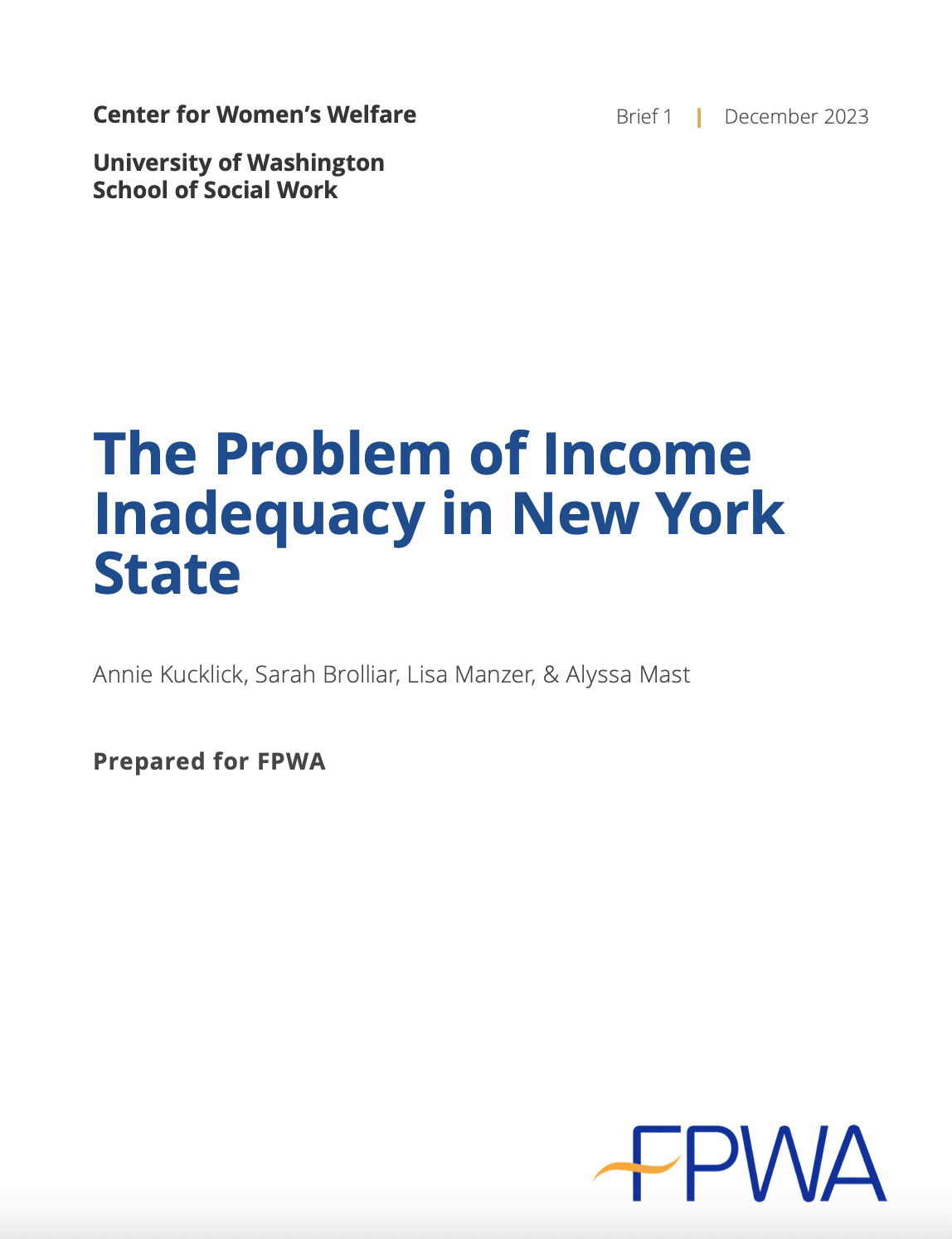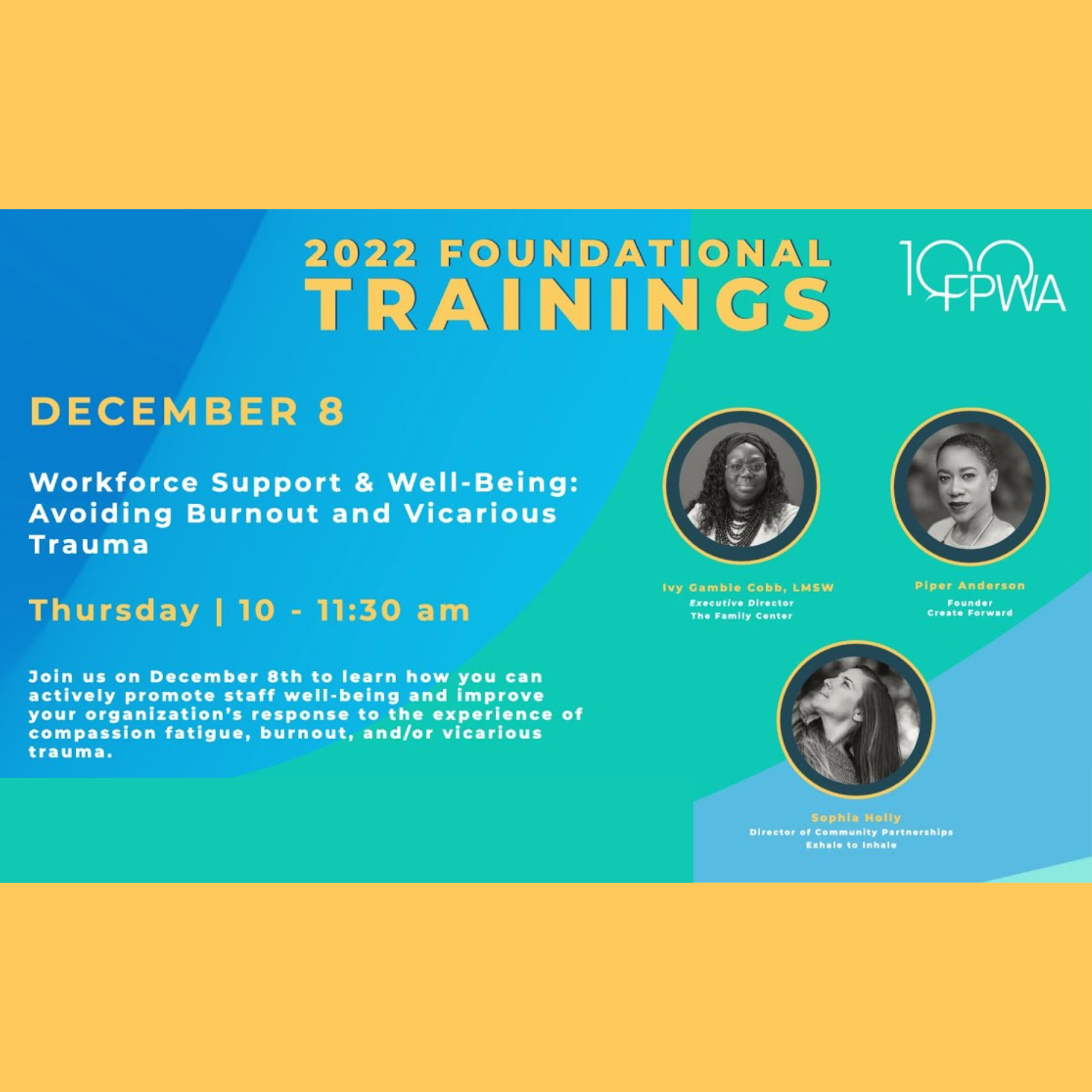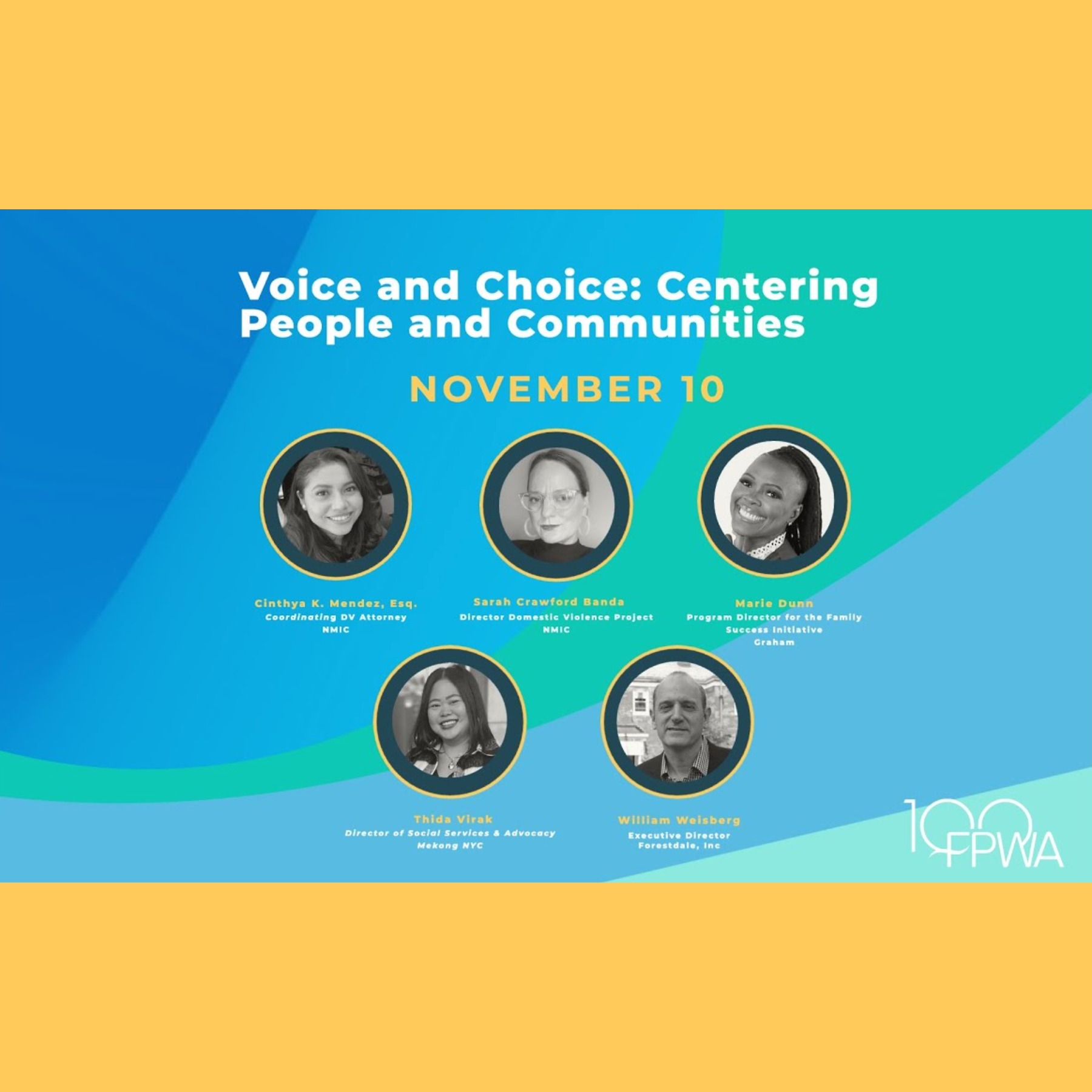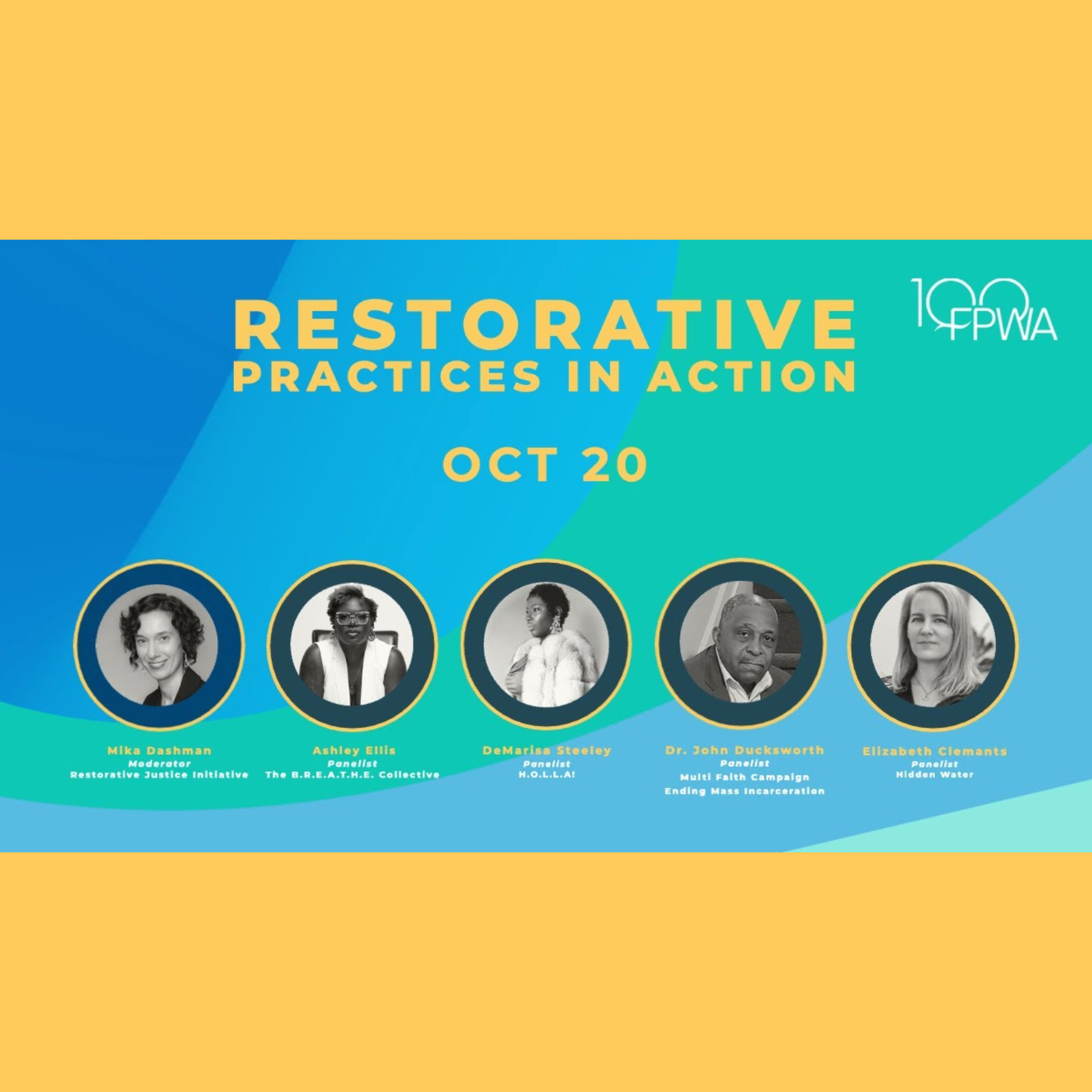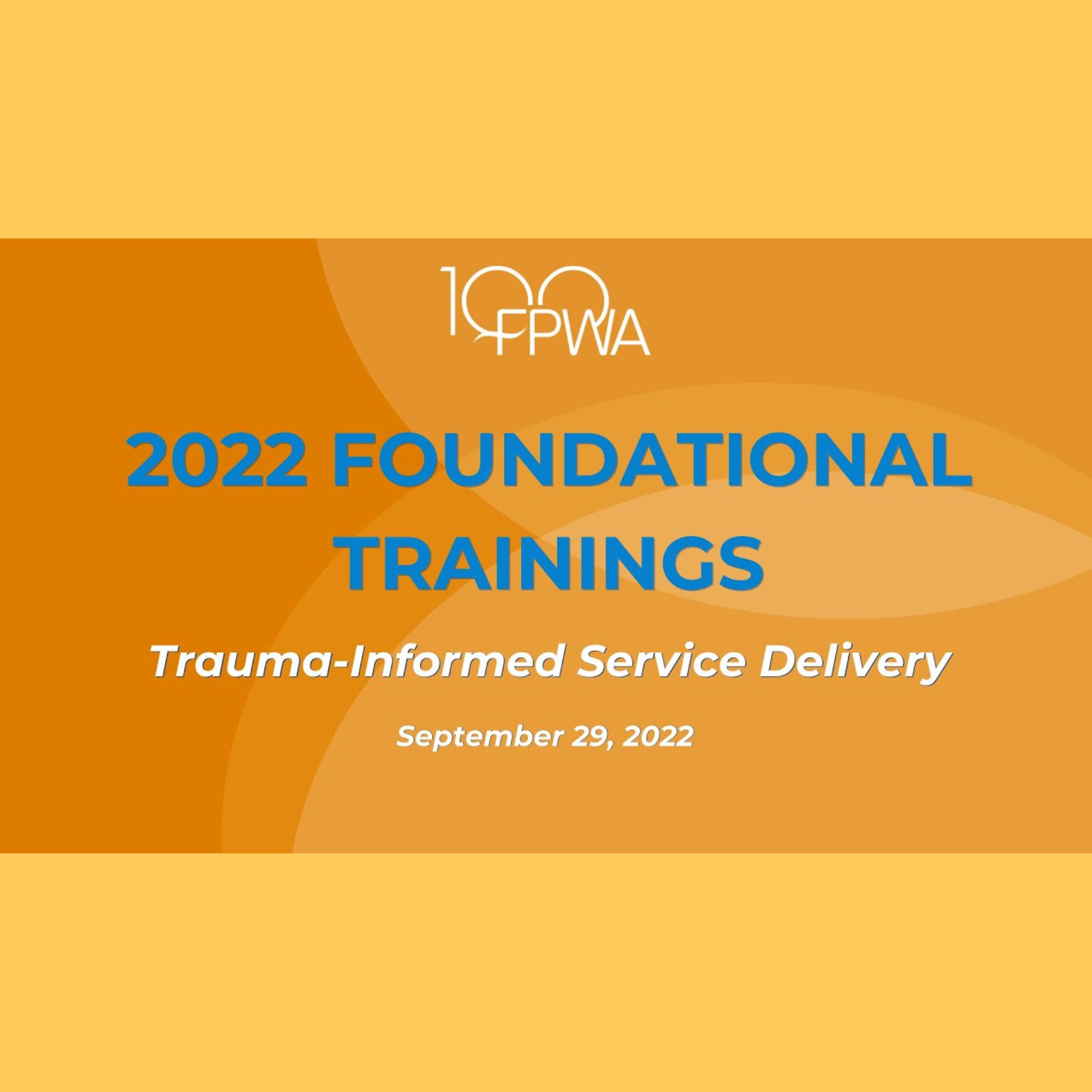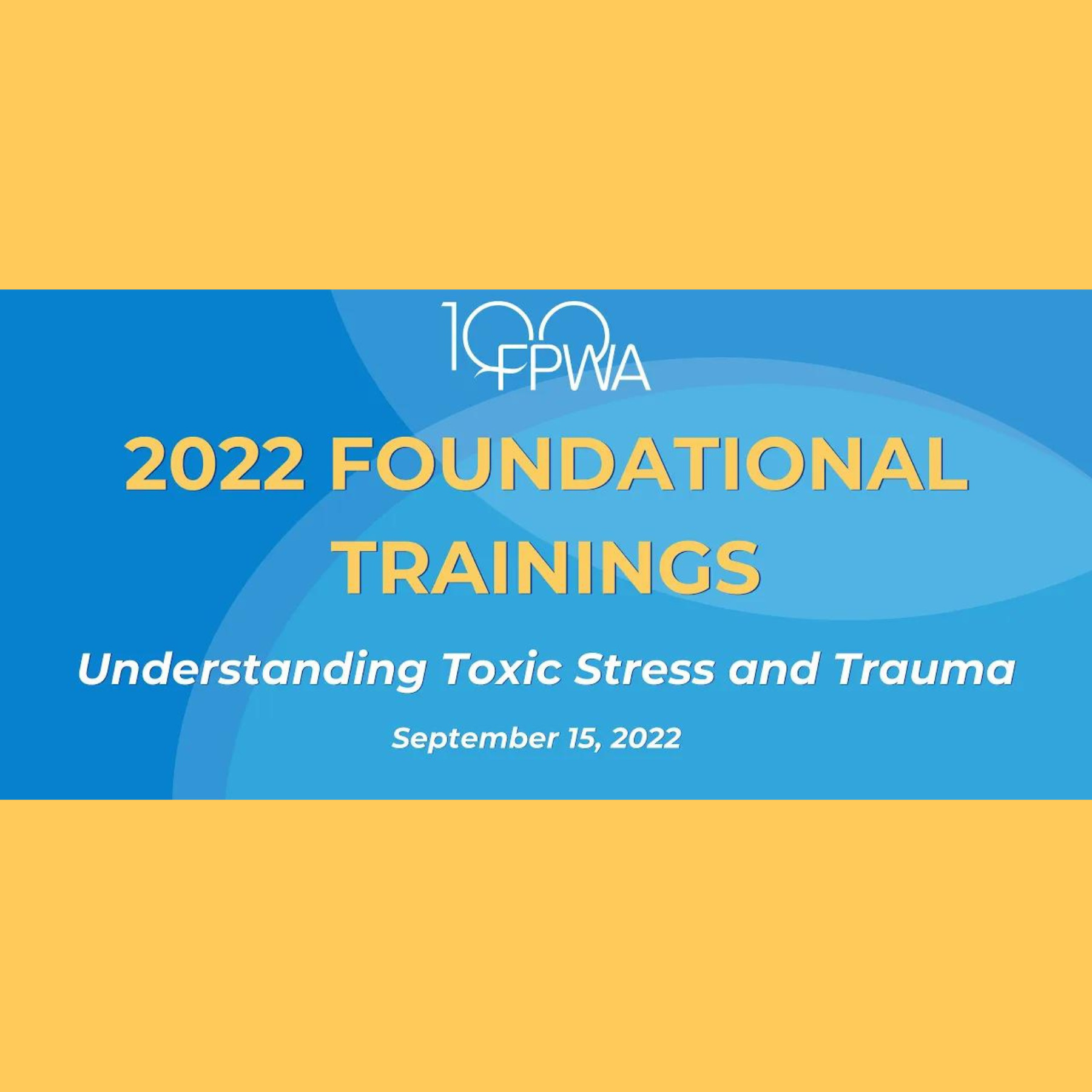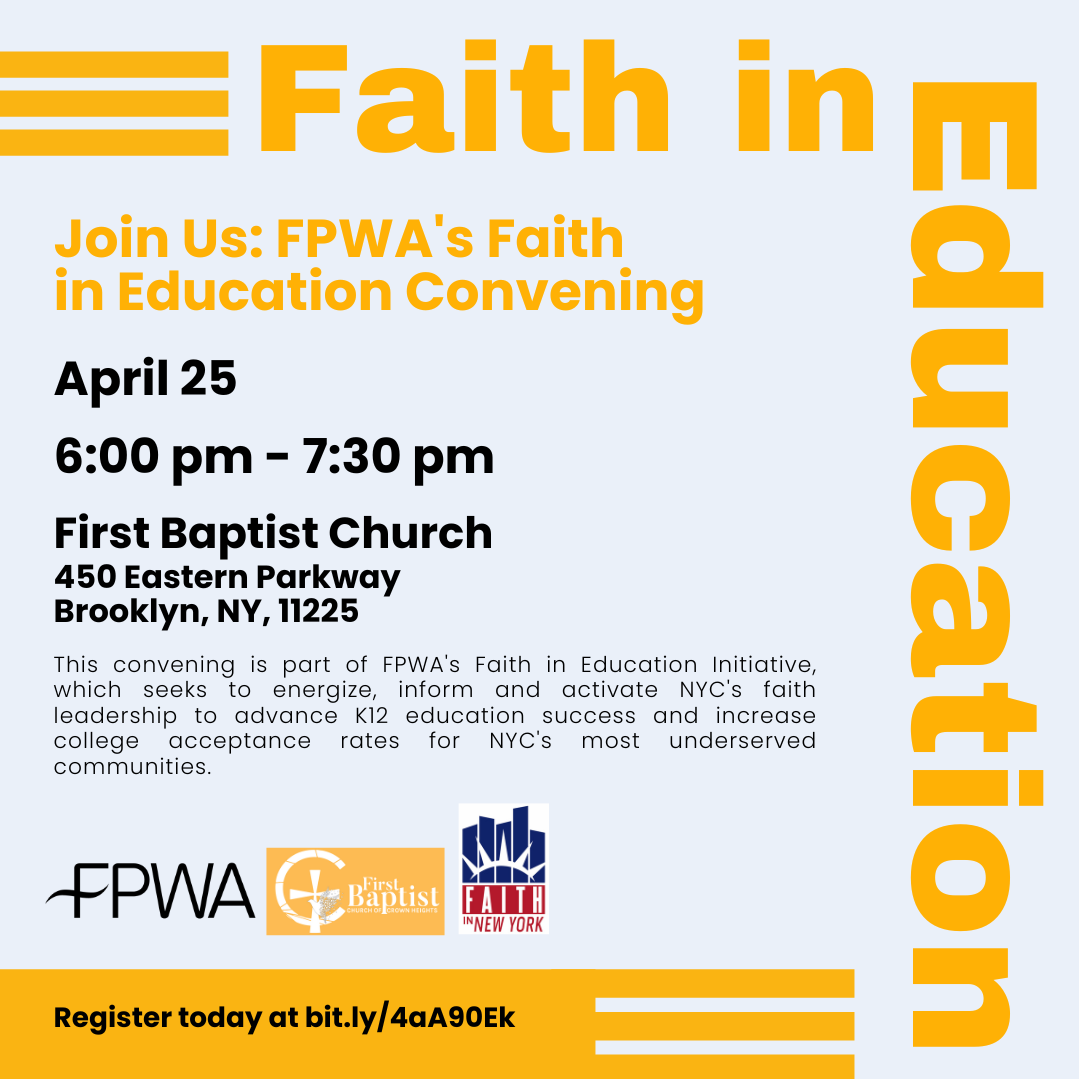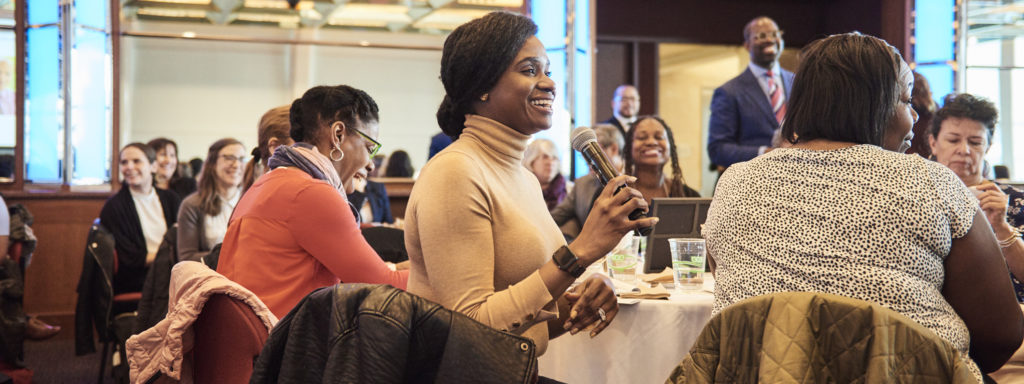This website uses cookies so that we can provide you with the best user experience possible. Cookie information is stored in your browser and performs functions such as recognising you when you return to our website and helping our team to understand which sections of the website you find most interesting and useful.
Resource Center
We invite you to learn more about our ongoing, and upcoming, work by visiting the resources below
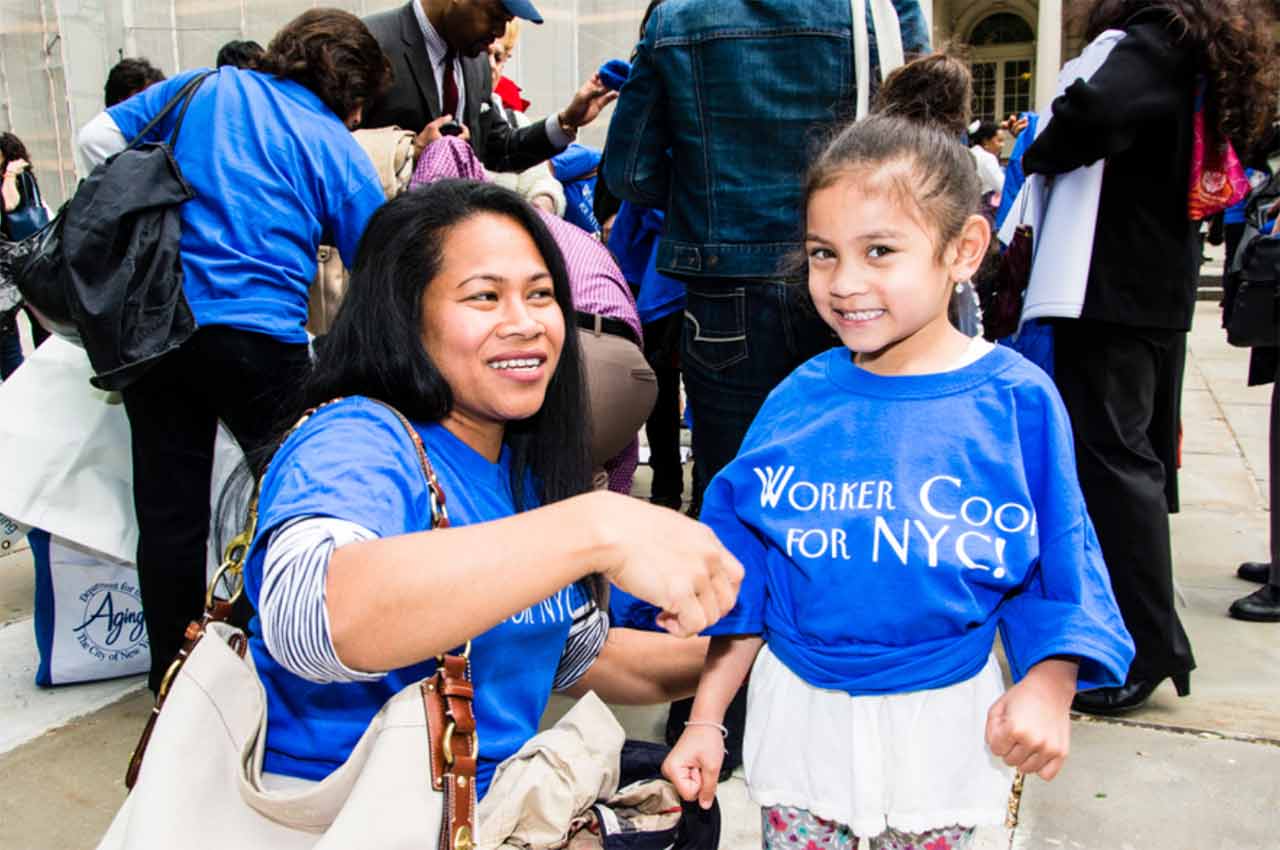
FPWA Testimony
Read the latest testimonies from FPWA’s Policy, Advocacy and Research team.
Blogs
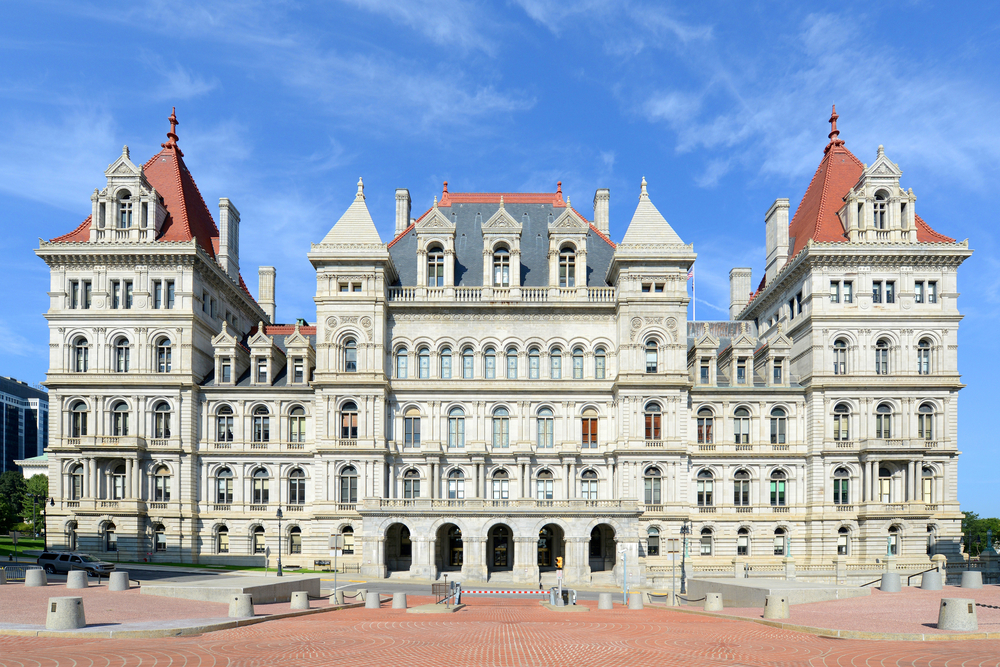
Q&A with FPWA Policy Team on What’s at Stake in This Year’s State Budget
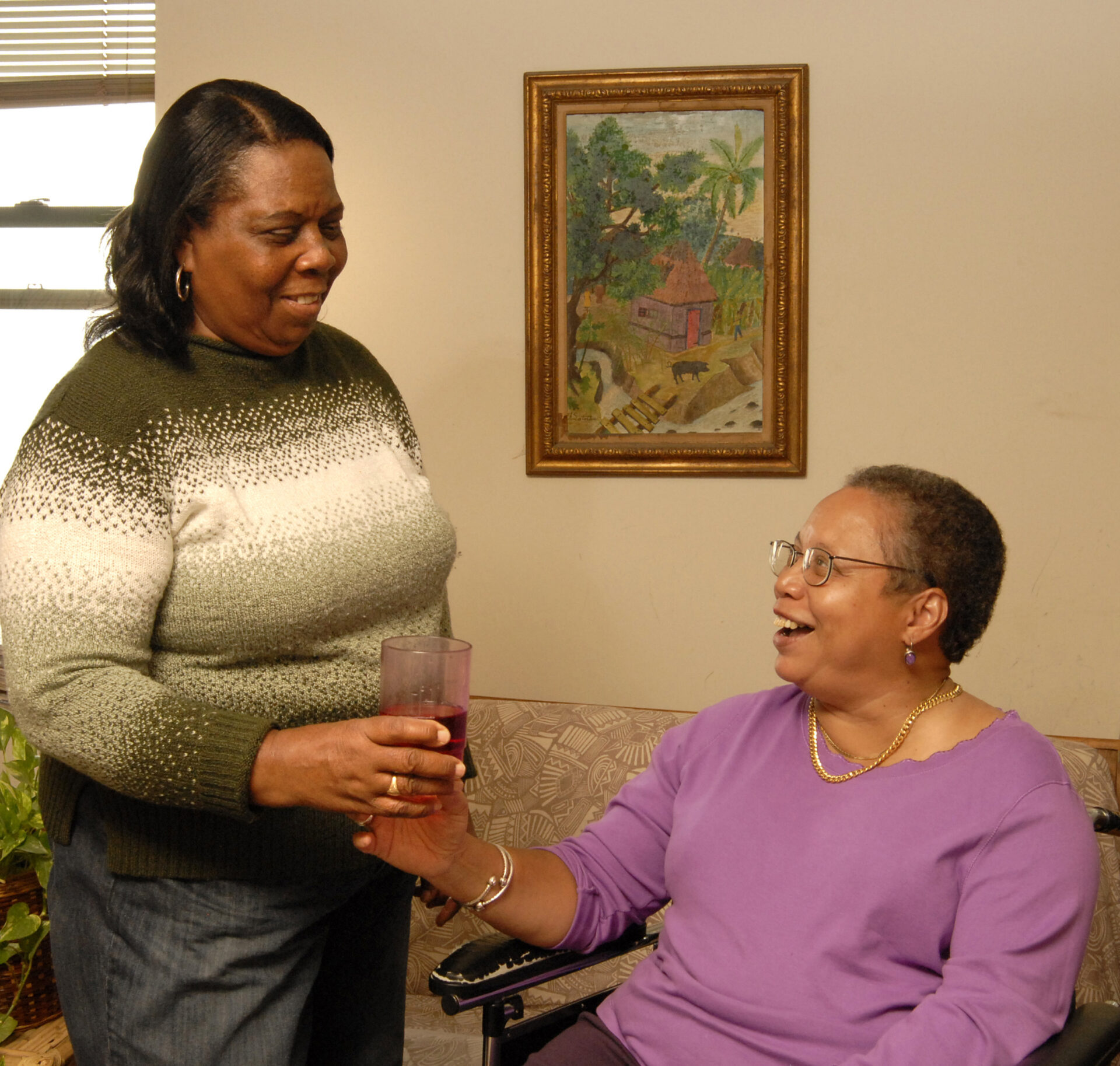
Fiscal Policy Blog: Home Care Wages on Equal Pay Day
Annual Reports & Financials
Events
Raise your voice at our next event
Registration is required.
Please be advised that by registering for this event, unless we hear from you otherwise, we will include you as part of our regular mailing list and you may receive solicitations from FPWA. Please also be advised that the event will be recorded by FPWA. By enrolling for this event, you hereby: (1) give consent for FPWA or any third parties to use your photograph or image in its print, online and video publications; (2) release FPWA, its employees and any outside third parties from all liabilities or claims that you might assert in connection with the above-described uses; and (3) waive any right to inspect, approve or receive compensation for any materials or communications, including photographs, videotapes, website images or written materials, incorporating photos/images of you. To revoke this waiver, please email info@fpwa.org
Read the latest research and findings from FPWA
Resource Center
How you can Help
FPWA member organizations help low-income New Yorkers meet critical needs, like food, housing, healthcare, and more.
How We Do It
Fostering effective, lasting change requires providing assistance to New Yorkers. But it is also essential to educate on the entrenched structural biases that cause poverty and inequality, and advocate for policy that dismantles it.
Stay in Touch
Join our network and learn about FPWA events and news.
All rights reserved.
LEARN MORE
ABOUT FPWA
GET INVOLVED
